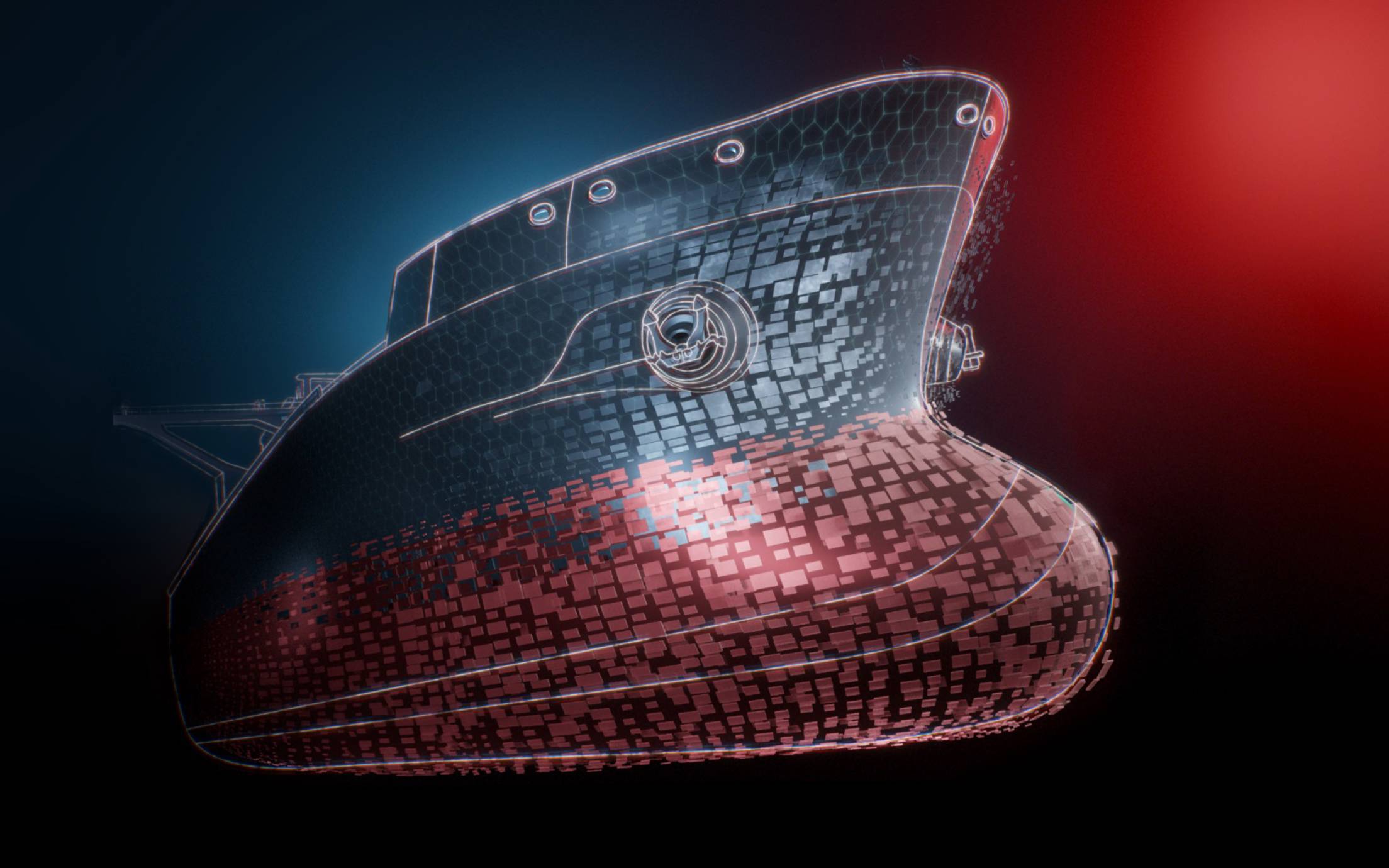
Antifouling products
For close to 100 years, Jotun has provided products to keep ship hulls clean from biofouling. Our ambition is to provide our customers with the best possible products to assure efficient and reliable operations.
The International Maritime Organisation (IMO) has set targets for the industry to cut emissions by at least 50% by 2050 compared to 2008 levels. This has sparked research into a whole range of technologies including alternate fuels, vessel designs, energy saving devices, operational changes and alternatives to replace or complement conventional marine engines.
Alternative fuels are key for the industry to lower GHG emissions. According to ABL Group, currently 98.8% of ships in operation across the world’s fleet are running on conventional fuel supplies, but 20% of ships on order will use alternatives such as hydrogen, methanol, battery/hybrid and LNG.
The need to optimise ship efficiency and save fuel is key and will be even more important with new and more expensive fuel – high performing hull performance solutions plays an important role in this.
According to a report from Glofouling in October 2022, biofouling’s impact on fuel consumption is massively underestimated. Hull prevention and maintenance solutions could reduce fuel spend by as much as 17.7%, reduce CO₂ emissions by 19% and result in a more positive CII rating. Ships could save as much as $6.5 million on fuel costs over a five-year period per ship by adopting proactive hull and propeller cleaning. Simply put, preventing biofouling from taking hold of a ship’s hull means that the shipping industry will spend less fuel.
A clean hull results in no drag, no need to power up to compensate for speed loss, ensuring clean operations and preserving fuel. At Jotun, we recognize that our products and services play an important role in supporting owners and operators achieve greater vessel efficiency and preserve fuel.
Go back to Clean shipping commitment

For close to 100 years, Jotun has provided products to keep ship hulls clean from biofouling. Our ambition is to provide our customers with the best possible products to assure efficient and reliable operations.

When launched in 2011, Jotun's Hull Performance Solutions (HPS) disrupted the industry, and shifted the focus from promised to proven performance. Today, we continue to deliver premium products and services as part of the enhanced HPS 2.0 tailored to our customers' needs.

Jotun Hull Skating Solutions utilizes proactive cleaning to maintain an always clean hull, even in the most challenging operations.

HullKeeper provides a range of services for optimised hull performance, allowing you to make better decisions, faster.
A video is being shown
An image is being displayed
A brochure is being displayed